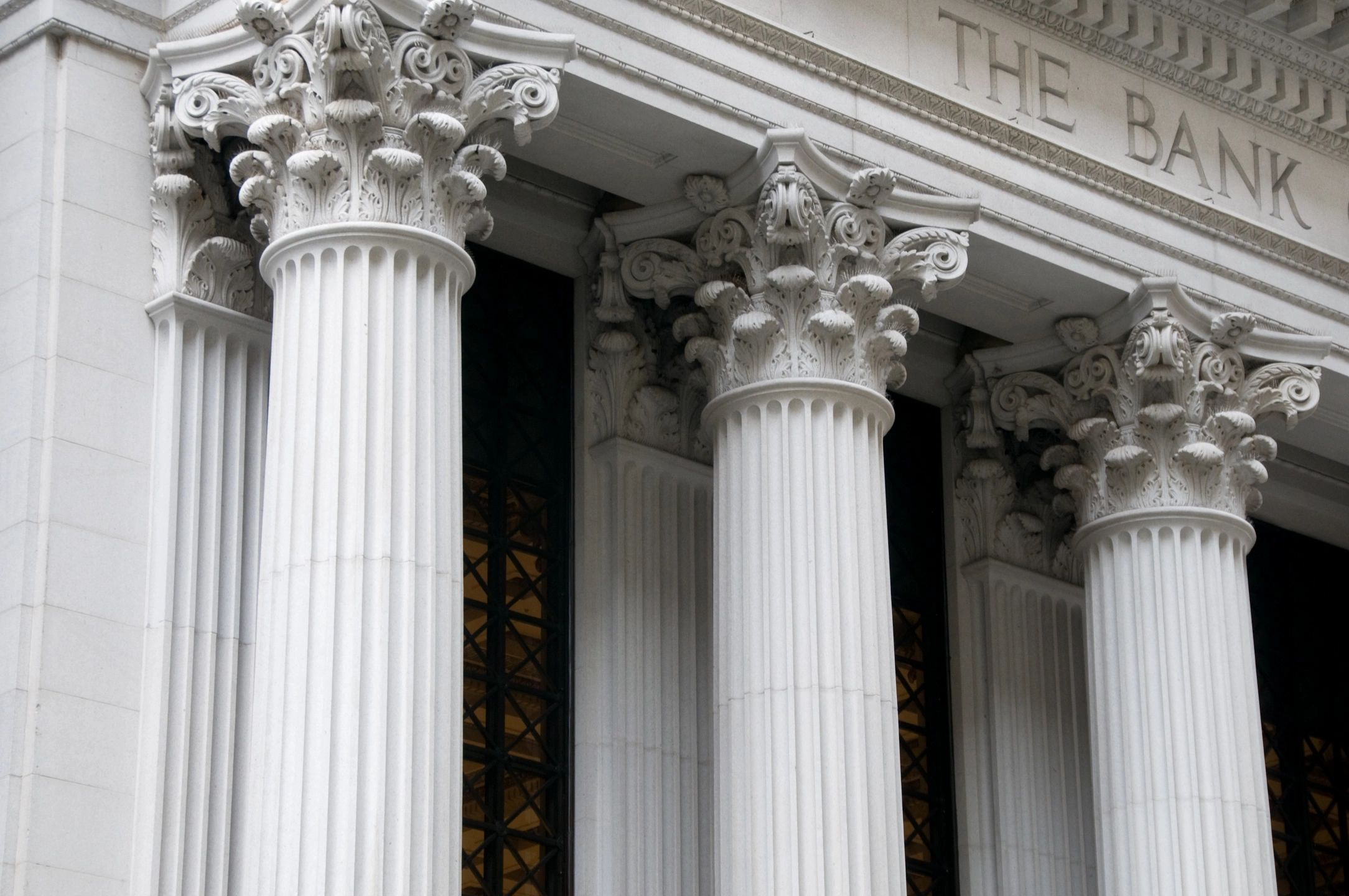According to the findings, 72% of those surveyed are worried about a recession in 2024. This represents a decrease from the previous year, as the same survey indicated that 81% of Canadians were concerned about a recession. Despite earlier predictions of a recession in 2023, which did not materialize, the absence of economic downturn this year may have contributed to an uptick in confidence among respondents.
The calls for a recession seemed justified at that time, given the Bank of Canada’s aggressive campaign of rate hikes to curb inflation—a strategy that has succeeded in reducing the inflation rate to 3.1% as of November, down from 8.1% the previous year.
Despite the rise in the unemployment rate from five percent to 5.8% over the past year, the Canadian economy has displayed resilience throughout the extensive rate hikes. For a significant portion of 2023, overall economic activity has remained in a growth phase.
This economic stability has contributed to an increase in confidence among Canadians. The survey indicates that 25% of respondents are not concerned about a recession, marking an improvement from the 15% reported a year ago.
However, there is a noticeable age discrepancy, with 81% of Canadians aged 18 to 34 expressing worry, compared to 67% of those aged 55 and older. Additionally, individuals earning less than $100,000 and those without homeownership are more apprehensive than the average population.
Despite these concerns, only 58% of surveyed Canadians claim to be preparing for a recession, representing a slight increase from the 56% reported last year. Among the preparation strategies, 35% mention cutting spending and increasing savings, while 16% are focused on reducing their debt.
Eleven percent indicated they are maintaining their savings in liquid form, such as in cash, rather than investing their money. Another 11 percent reported taking multiple measures to ready themselves for a potential recession.
In addition, eight percent shared that they are either seeking a raise at their workplace or taking on additional work as part of their preparation for a recession. This marks an uptick from the previous year when only six percent reported engaging in such proactive measures.


